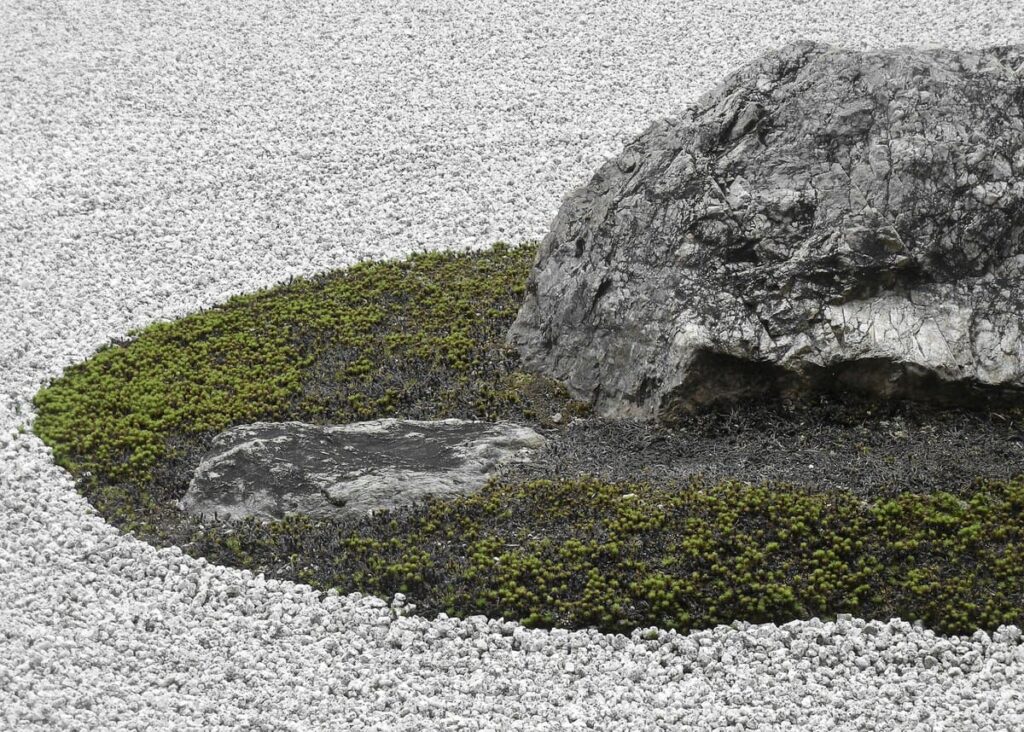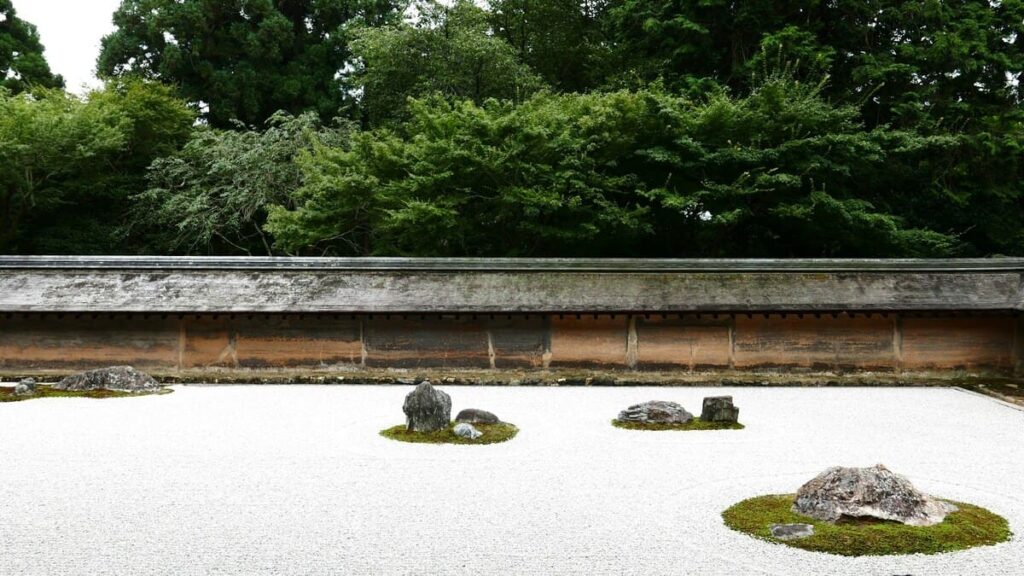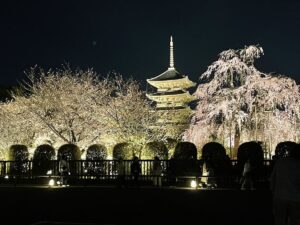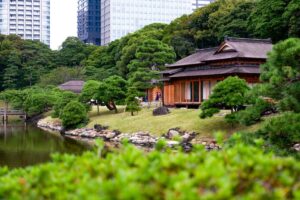Zen Gardens: Tranquility and Mindfulness Sculpted in Stone and Sand
Zen gardens, also known as Japanese rock gardens or karesansui, embody the deep spiritual roots of Zen Buddhism. These gardens, minimalist by design, use rocks, gravel, sand, and sometimes moss to create serene spaces for reflection. They first appeared in Japan during the late Kamakura Period and have since served both as artistic expressions and as tools for meditation.
Historical and Cultural Background
Zen Buddhism, which values meditation and self-contemplation to achieve enlightenment, heavily influenced the creation of Zen gardens. These gardens provide a simple, peaceful landscape that helps monks and visitors focus and meditate away from the complexities of daily life.
Design Principles and Elements
Zen gardens usually sit enclosed within Zen temple grounds. They typically include:
Rocks and Stones
Garden designers carefully choose these for their shapes and textures, which represent islands or mountains. They place each rock deliberately to inspire contemplation about nature and our place within it.

Gravel and Sand
These elements mimic the movement of water, creating waves and ripples that contrast with the rocks' solidity. Raking the gravel or sand becomes a practice in mindfulness, demanding focus and a steady hand.
Moss and Vegetation
Although not always present, moss and sparse vegetation add subtle life and color to the gardens. They also mark the changing seasons, contributing to the garden's natural beauty.
A Famous Zen Garden
Ryoan-ji Temple in Kyoto: This temple hosts the world's most iconic Zen garden, featuring fifteen strategically placed rocks on a bed of white gravel. The layout ensures that one cannot see all rocks from any single viewpoint, inviting visitors to walk around and explore the garden from multiple perspectives.

Zen Gardens Today
Today, the influence of Zen gardens reaches far beyond Japan, impacting garden design and mindfulness practices around the world. They appear in private homes, public spaces, and meditation areas, offering peaceful retreats from busy lives.
Zen gardens offer more than just beauty; they remind us of the importance of simplicity and maintaining a calm, clear mind. Whether you're visiting a Zen garden in Japan or elsewhere, the experience can provide a peaceful break from life's hustle and offer a moment to reflect on the broader forces shaping our existence.

